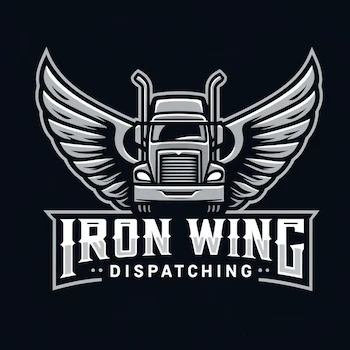Build a Legal Foundation
Before you haul your first load, your business must exist legally.
- Register an LLC or Corporation: This protects your personal assets from liability.
- Get Your Operating Authority (MC Number): Apply through the FMCSA. Without it, you can't operate as a for-hire carrier.
- Secure DOT Number & UCR Registration: Required for interstate operations.
- Obtain Business Insurance: You'll need liability, cargo, and physical damage coverage at a minimum. Factor in that most brokers won't work with you unless you have $1M liability and $100K cargo insurance.
Build a Financial Plan
You're now both driver and CEO. Treat your operation as a business, not a paycheck.
- Know Your Fixed Costs: Truck payment, insurance, permits, IFTA, and ELD fees.
- Estimate Variable Costs: Fuel, tires, repairs, tolls, and factoring fees.
- Track Cost-Per-Mile (CPM): Add all expenses and divide by the miles you run. Use this figure to judge if a load pays enough.
- Set Up a Maintenance Fund: Save 10–15¢ per mile for unexpected repairs. A single breakdown can erase weeks of profit if you're not prepared.
Prepare Your Operations
Operational efficiency keeps your business alive.
- Fuel Management: Use apps like Trucker Path or Mudflap to find the lowest fuel prices.
- Preventive Maintenance: Regular inspections prevent downtime and DOT violations.
- Load Planning: Choose loads that minimize deadhead miles.
- Record-Keeping: Keep copies of BOLs, rate cons, receipts, and maintenance logs for taxes and compliance.
Understand the Market
Rates fluctuate. Staying informed protects you from bad deals.
- Monitor Freight Trends: Use load boards (DAT, Truckstop) and follow market updates.
- Build Relationships: Consistent work comes from steady broker and shipper contacts.
- Negotiate Smartly: Know your CPM and never haul below cost just to stay busy.
Stay Compliant
FMCSA compliance is non-negotiable.
- Maintain accurate logs and ELD records.
- File quarterly IFTA reports and keep track of miles by state.
- Perform vehicle inspections daily (DVIR).
- Keep your insurance and authority active — lapses can cost thousands in reinstatement fees.
Partner for Efficiency
You don't have to do everything alone. Dispatching services like Iron Wing Dispatching can handle:
- Load sourcing and rate negotiation.
- Broker setup and paperwork.
- Factoring coordination and compliance reminders.
- Route optimization to reduce fuel waste and downtime.
Our goal is to free you from the office side of trucking so you can focus on driving and growth. Explore our dispatching plans and start your road to success today.
